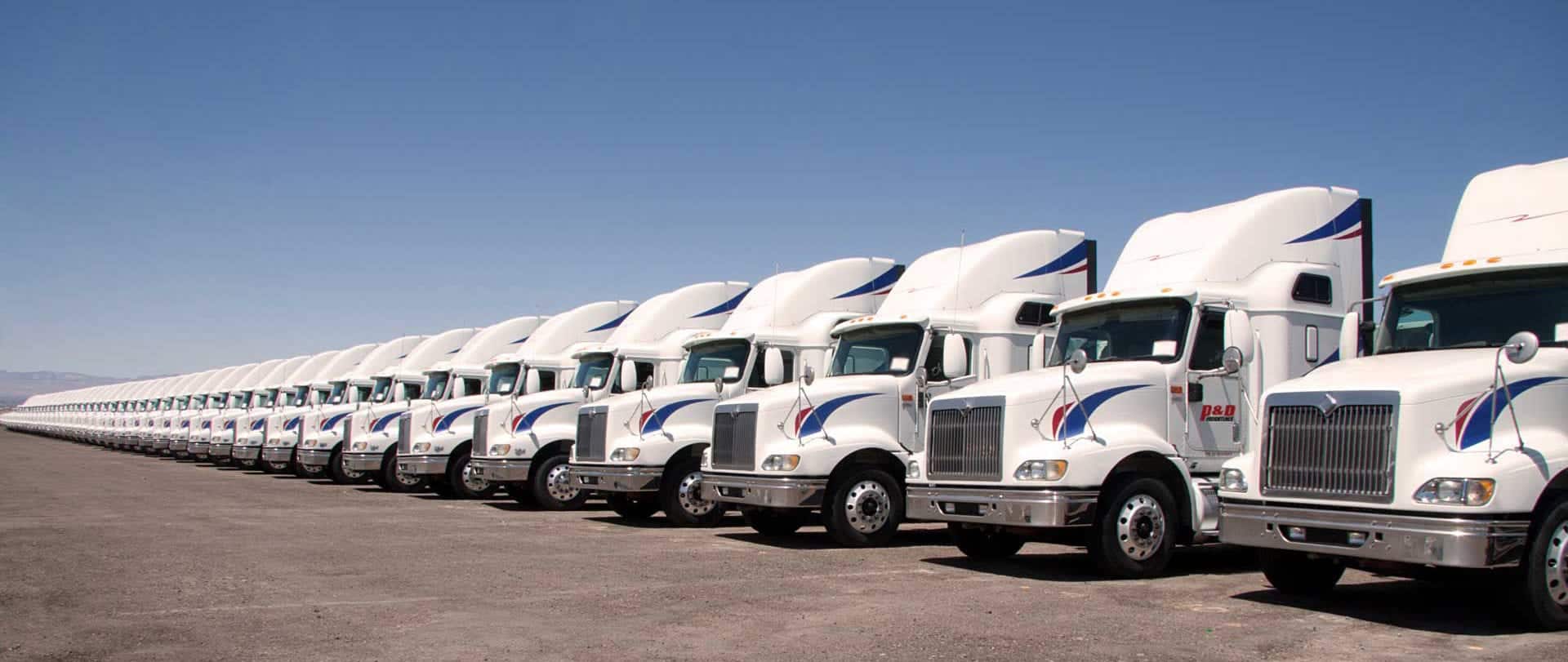Managing a fleet is one of the most demanding jobs as it requires vigilance at every instant. A little lack of concentration can have dire consequences and that is what keeps extra pressure on the staff.
With the invention of GPS technology, the job of managers has become a lot easier as they have gotten better control over daily affairs. Modern fleet management software has not only streamlined workflow but also minimized the risk element.
Operational convenience is the biggest benefit that comes with contemporary telematics platforms. They offer a conducive mechanism that facilitates businesses in achieving daily targets.
A hassle-free and efficient working method can ensure more output from the staff resulting in enhanced profitability.
This blog will discuss the various aspects through which a vehicle tracking system can improve daily operations.
Different Ways Through Which a Fleet Management System Improves Daily Operations
Modern Vehicle Tracking Systems provide a lot of relief to managers in various ways and some of them are discussed below:
Accurate Data Sharing
Managing a large group of vehicles) requires a lot of record-keeping on daily basis. Modern telematics systems have efficient data sharing procedure that ensures the availability of real-time information. With the help of a GPS tracking device, a user can see the trip details of a vehicle from the chosen route to speed. There is an analytics dashboard that displays the real-time data received from the device.
As the status of the device changes, the data showed on the software also changes with it keeping the user updated. Due to the usage of state-of-the-art hardware and automated data integration, the accuracy of data has improved a lot. This helps the companies to take timely decisions that can result in optimum performance.
Anticipate Maintenance Needs
A malfunctioning vehicle (also referred to as ‘unit’) can hurt the overall functioning of the fleet. It hampers the business’s productivity and results in loss of revenue. Therefore, it is one of the biggest priorities of a company to keep its units in fully functional condition. That is where an efficient monitoring and maintenance system comes in handy.
The latest telematics software use sensors to gauge the maintenance requirements of the vehicles. For example, a specific measurement threshold is set for various aspects like engine hours, mileage, etc. Reaching the designated measurement level triggers a notification alert informing the user of the required maintenance. Due to this efficient mechanism, timely maintenance takes place keeping a good condition of the fleet.
Timely Reporting
Reporting is an integral aspect of operating and monitoring a large fleet. It helps to sort out many aspects by identifying the flaws and discrepancies during monitoring. For example, the driver’s behavior is a key factor to determine the overall outcome of the operations. With the help of efficient reporting, you can compile the complete patterns of the driver’s conduct aiding in decision making for the future.
In addition to that, reports can also be generated for idle time, routing efficiency, daily work time etc. Keeping an eye on the performance of the drivers helps induce productivity that is pivotal for success. The main purpose of reporting is to analyze the deficiencies in your routine to enhance the effectiveness of your working mechanism.
Preventing Accidents
Accidents are a huge financial burden as they not only cost repair expenses but also cause fitness concerns for drivers. In addition to that, there are legal costs like settlement money that also takes a toll on the overall revenue. Not to mention, the disruption and hassle brought by an emergency. To avoid such circumstances, a strict monitoring and maintenance mechanism like a fleet management system is required.
In the presence of an accountability mechanism, the drivers are fully vigilant while driving as they are aware that they are getting monitored. With timely maintenance reminders, the car’s health remains good avoiding emergencies. In addition to that, the latest GPS tracking systems use distant-view cameras to inform the driver about any hurdles lying ahead.
Working Automation
The main purpose of a fleet management software is to facilitate the daily workflow of a company. When every operational aspect is covered through data integration, there is more coordination between different areas of work. The real-time information is conveyed across the concerning departments saving a lot of precious time.
Documenting and storing data is a big problem for managers and causes a lot of stress and confusion at times. With a GPS vehicle tracking and monitoring system, the user data is stored for the required amount of time. The data can also be prioritized according to the needs and unnecessary information gets dumped.
A Fleet Telematics System Is an Ultimate Solution!
Running daily fleet operations is not a walk in the park as there is always a probability of something going wrong. Getting efficient vehicle tracking and management software onboard can solve a lot of hiccups in workflow and boost productivity.


